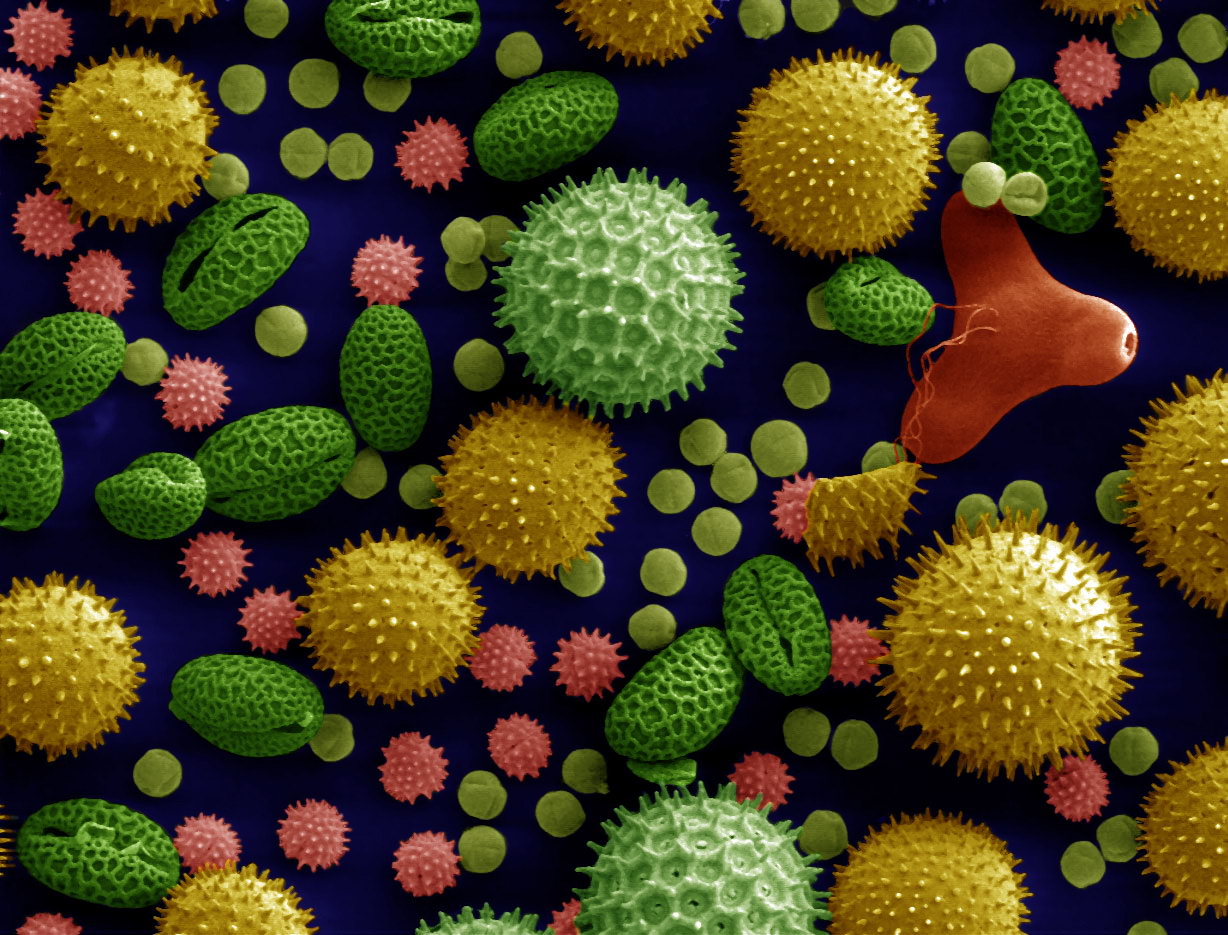Hay Fever: Symptoms, Causes, Treatment
What are the symptoms of hay fever?
Hay fever, also known as allergic rhinitis, is an allergic reaction to pollen or other airborne allergens. The symptoms of hay fever can vary in severity and may include:
- Sneezing: Hay fever can cause frequent and repetitive sneezing, especially in response to exposure to allergens.
- Runny or congested nose: Nasal congestion, runny nose, and postnasal drip are common symptoms of hay fever.
- Itchy nose, throat, and eyes: Itching in the nose, throat, and eyes is a common symptom of hay fever.
- Watery eyes: Hay fever can cause watery, itchy eyes, known as allergic conjunctivitis.
- Coughing: Some people with hay fever may experience a persistent cough, especially at night.
- Fatigue: Hay fever can cause fatigue and may interfere with daily activities.
- Decreased sense of smell or taste: Some people with hay fever may experience a decreased sense of smell or taste.
- Ear congestion: Hay fever can cause ear congestion, leading to a feeling of fullness or pressure in the ears.
- Wheezing or difficulty breathing: In some cases, hay fever can trigger asthma symptoms, such as wheezing or difficulty breathing.
Symptoms of hay fever can vary depending on the season and the allergens to which a person is allergic. For example, symptoms may be worse during the spring and fall when pollen counts are high. It is important to consult with a healthcare provider for an accurate diagnosis and appropriate treatment if you suspect you have hay fever.
What are the causes of hay fever?
Hay fever, or allergic rhinitis, is caused by an allergic response to airborne allergens such as pollen, dust mites, pet dander, or mold spores. When a person with hay fever inhales these allergens, their immune system mistakenly identifies them as harmful invaders and releases chemicals, such as histamine, to attack them.
These chemicals cause the symptoms of hay fever, including sneezing, runny or congested nose, itchy eyes, nose, and throat, and other allergic reactions. The specific allergens that trigger hay fever can vary depending on the individual and the environment.
Common allergens that can trigger hay fever include:
- Pollen: Pollen from trees, grasses, and weeds is a common allergen that can trigger hay fever. Pollen counts are usually higher in the spring and fall when plants are flowering and releasing pollen into the air.
- Dust mites: Dust mites are tiny creatures that live in dust and can trigger allergic reactions in some people.
- Pet dander: Pet dander, which consists of tiny flecks of skin shed by animals such as cats, dogs, and rodents, can trigger allergic reactions in some people.
- Mold spores: Mold spores, which are airborne particles released by mold, can trigger allergic reactions in some people. Mold spores are more common in damp or humid environments.
- Other allergens: Other allergens, such as cockroach droppings and certain foods, can also trigger hay fever in some people.
Genetics and environmental factors can play a role in the development of hay fever. People with a family history of allergies are more likely to develop hay fever, and certain environmental factors, such as exposure to tobacco smoke or pollution, can increase the risk of developing hay fever.
What is the treatment for hay fever?
The treatment for hay fever, or allergic rhinitis, aims to relieve symptoms and reduce the body’s allergic response to allergens. Treatment options may include:
- Antihistamines: These medications help block the effects of histamine, a chemical released by the immune system in response to allergens. Antihistamines can help relieve sneezing, itching, and runny nose. They are available over-the-counter or by prescription.
- Decongestants: Decongestants can help reduce nasal congestion by shrinking swollen nasal passages. They are available in oral or nasal spray forms, but nasal spray decongestants should not be used for more than a few days at a time to avoid rebound congestion.
- Corticosteroids: Corticosteroid nasal sprays can help reduce inflammation in the nasal passages and relieve symptoms such as nasal congestion, runny nose, and sneezing. They are available over-the-counter or by prescription.
- Leukotriene modifiers: These medications block the action of leukotrienes, chemicals in the body that contribute to allergic reactions. They can help relieve symptoms such as nasal congestion, runny nose, and sneezing. They are available by prescription.
- Immunotherapy: Also known as allergy shots, immunotherapy involves regular injections of allergens to help desensitize the immune system to specific allergens over time. Immunotherapy is typically recommended for people with severe hay fever or those who do not respond well to other treatments.
- Nasal irrigation: Nasal irrigation involves rinsing the nasal passages with a saline solution to help remove allergens and mucus. It can help relieve nasal congestion and improve breathing.
- Avoidance of allergens: Avoiding exposure to allergens that trigger hay fever symptoms can help prevent or reduce symptoms. This may include staying indoors during peak pollen times, using air purifiers, and keeping windows closed.
It is important to consult with a healthcare provider for an accurate diagnosis and appropriate treatment plan for hay fever. Treatment may vary depending on the severity of symptoms and individual response to medications.




